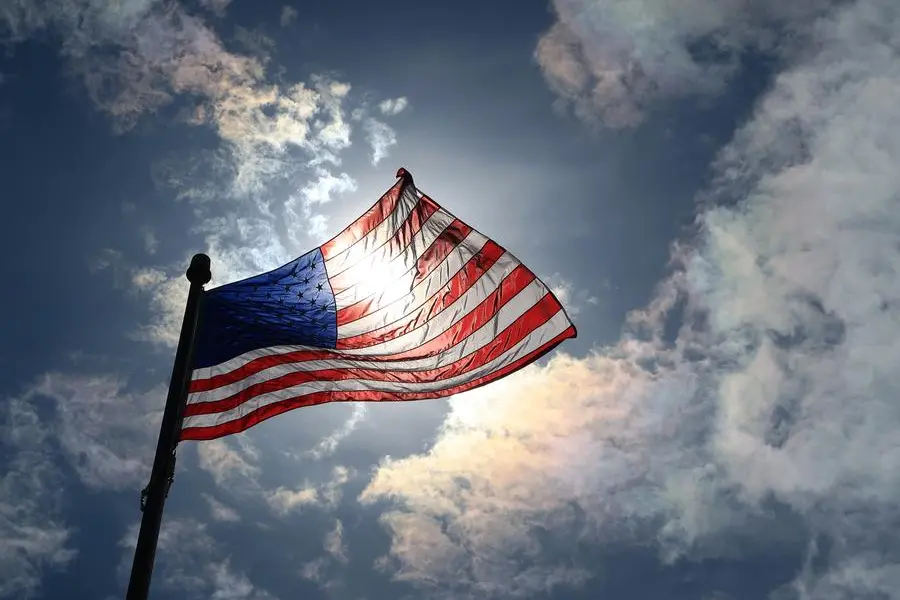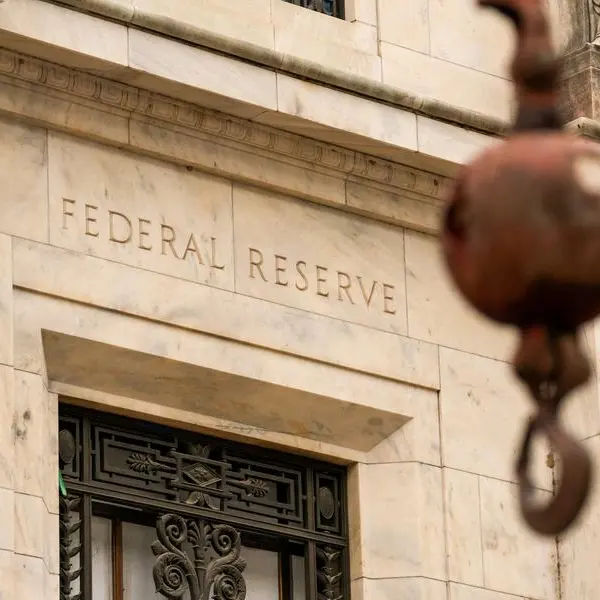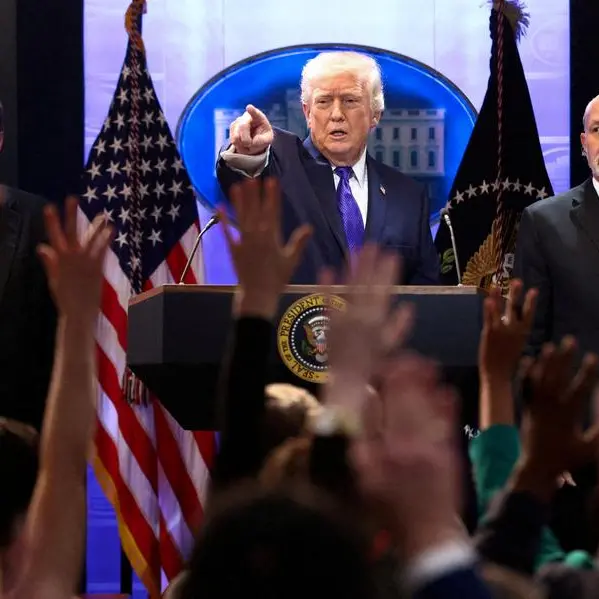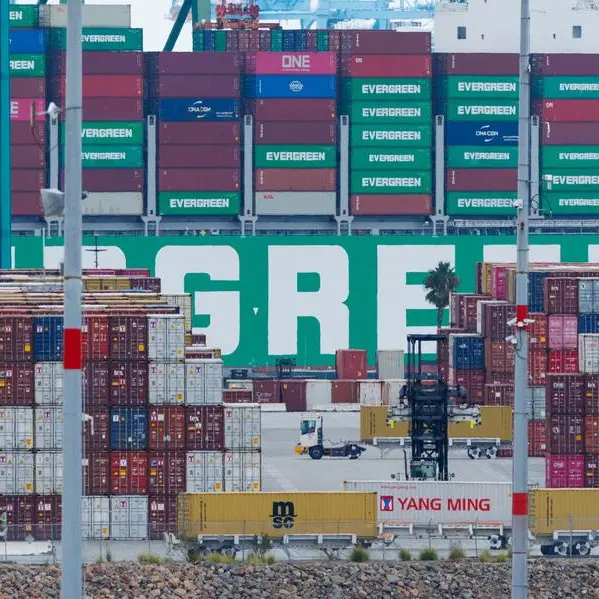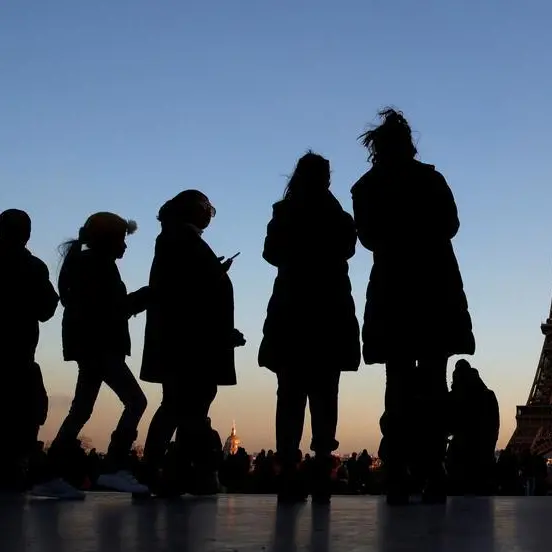PHOTO
For more than three-quarters of a century, the United States has played an outsized, constructive role in the world. To be sure, there have been major errors, including the Vietnam War and the 2003 Iraq War, but the US got it right far more often than not.
The results speak for themselves. US entry into World War II proved decisive. In part because of American urging, the colonial era came to a rapid if not always peaceful end. The creation of a postwar order of alliances helped to ensure the Cold War stayed cold and ended on terms consistent with Western interests and values. A range of institutions and policies provided the foundation for unprecedented global economic growth and the extension of lifespans.
But the ability of the US to continue to play a large and influential global role is increasingly uncertain. Some reasons have nothing to do with the US but affect its position all the same.
There are new external challenges. The US economy, responsible for half the world’s output after WWII, now produces only one-fourth. Military force is now widely distributed among other countries and groups. Energy and mineral resources, along with manufacturing hubs on which the US and others depend, are widely distributed. This distribution of power and wealth gives others the ability to resist or counter US influence and might. America’s position in this world is one of overall primacy, but not domination.
America’s ability to have its way is further limited by globalisation. Be it climate change or viruses, the US cannot wall itself off from the costly consequences of developments beyond its borders or generate solutions on its own. Neither isolationism nor unilateralism is a viable option.
What might be the most serious threat to global security and stability, though, stems from developments within the US, from the deep political and social divisions that threaten the country’s competitiveness, its ability to design and implement consistent policy, and even its stability.
No doubt some readers will feel more than a little schadenfreude at all this and take satisfaction from US difficulties following decades of having to follow America’s lead. But any such satisfaction will be short-lived, because in a world that is sometimes violent and always global, America’s difficulties can and will quickly become theirs. Further erosion of American democracy will be used by anti-democratic governments elsewhere to justify and extend the repression of their own populations. And, absent a strong US economy, other countries’ economies will grow more slowly as their exports lag.
A weaker and less predictable US would fray the fabric of alliances, which to be effective require mutual assistance to be near-certain. Similarly, foes would grow emboldened in the belief they could act with impunity. The result would be a world of more frequent conflict, one in which advanced weapons proliferate more widely and aggressive countries wield more influence.
Moreover, a US that is distracted and divided at home would lack the capacity and the consensus to exercise leadership on global challenges such as climate change. Without American resources and leadership, the already large gap between these global challenges and global responses would almost certainly grow. There is no other country or group of countries both willing and able to take America’s place on the world stage.
The question, then, is whether the US will soon regain its footing and come to resemble the country of the past 75 years. There are some reassuring signs. American economic and military support for Ukraine has been robust. The November 2022 midterm election results were reassuring in that many of the most extreme candidates posing the greatest threat to American democracy were defeated.
But there are also less reassuring developments. We just marked the second anniversary of the January 6, 2021, assault on the US Capitol, which came close to destroying American democracy. No one can assume that such violent protests will not happen again. And now that divided government is once more a reality, it remains to be seen whether a Democratic president and Senate can find any common ground with a Republican-led House of Representatives. Early signs are not good, as the newly empowered Republicans seem more focused on investigating and obstructing than on legislating and leading.
Winston Churchill famously said, “You can always count on Americans to do the right thing – after they’ve tried everything else.” That dictum is about to be tested. The problem for the rest of the world is that it will be affected in significant ways by what happens in the US but has little or no ability to influence developments there. It is an uncomfortable but unavoidable reality.
- Richard Haass, President of the Council on Foreign Relations, previously served as Director of Policy Planning for the US State Department
Copyright © 2022 Khaleej Times. All Rights Reserved. Provided by SyndiGate Media Inc. (Syndigate.info).
